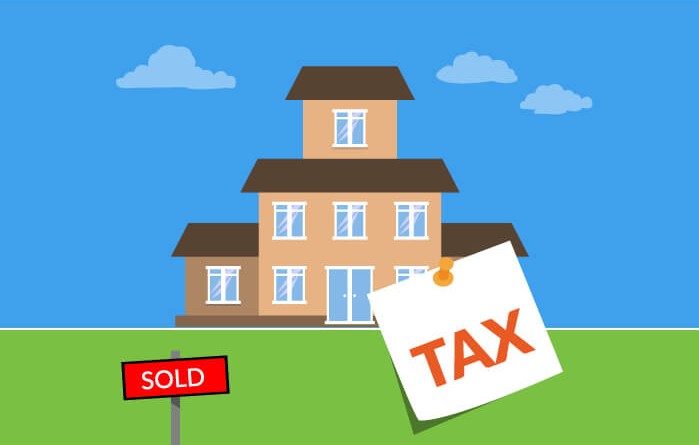How Is The Tax On Income From House Property Calculated?

Section 22 of the Income Tax (I-T) Act talks about the income you earn from your house property and its taxation aspects. The house property tax covers building, flats, office spaces, factories, shops, farm houses and any building or land appurtenant thereto. Although an open plot of land is not to be charged under the income from house property, it can be charged under income from other sources or business income. Besides, cinema halls, godowns, workshops, hotel and residential houses are all included within the ambit of house property.
Who is an owner?
A person who is entitled to receive income from a property is regarded as its owner, even if no registered document has been executed in his favour. Ownership includes leasehold, freehold and deemed ownership of a property.
Who will be taxed?
People having multiple properties are liable to pay tax on income from house property. A person cannot claim to self-occupy more than one property. So, he should select that property as self-occupied which has the highest tax liability or has the highest notional rent. According to Section 23 (1) (a) of the I-T Act, the annual value of a property should be the amount a property may typically earn in rent in a year.
Essential conditions imposing tax liability
This is to be noted that taxation liability is imposed on a person who act as an owner, and not a person who is acting on behalf of the owner. Here is an example. A has a flat and he has given a power of attorney (PoA) of the property to his brother B to collect the rent from the tenant. The income from such property will be added to A's income, and not to B's.
Deductions
Section 24 of the I-T Act talks about the various deductions available to income from house property. Standard deduction of an amount equal to 30 per cent of the annual rent is allowed to the assesse. For example, if the owner receives Rs 1 lakh towards rent, Rs 30,000 can be claimed as the deduction. Municipal taxes and other government dues are also allowed to be claimed as deduction.
If a property is constructed or purchased taking a loan, the amount of interest payable is also allowed as deduction.
Key Features of Section 22, I-T Act
- Even if your house is lying vacant and you are not earning any rent, you are supposed to pay the tax on the fair rent according to the I-Tax Department norms. So, it would be a financially prudent to rent out the vacant property and pay tax out of the rent received rather than keeping the house vacant and pay tax from your own pocket.
- Your annual tax liability will be computed based on the fair rent or the actual rent, whichever may be higher.
- In case you house is partly let out and partly self-occupied, the municipal taxes or fair rent, if not given separately, can be proportionately apportioned between the self-occupied and let portions.
- Apart from a vacant land, properties which have land and building attached to it are subject to taxation under the income from house property.
